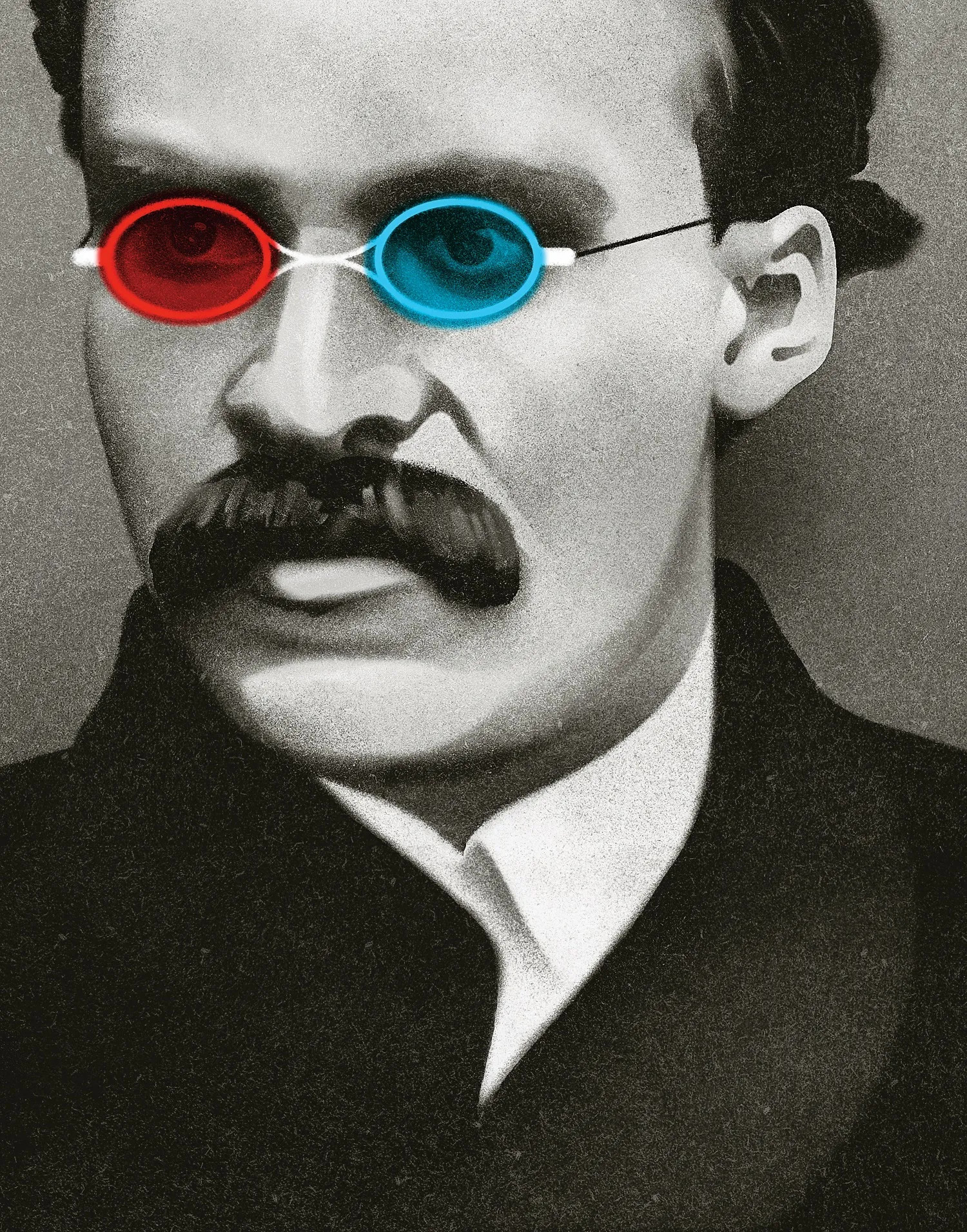What Nietzsche Can Teach Us About Finding Meaning in Suffering
What Nietzsche Can Teach Us About Finding Meaning in Suffering

Opening:
Life is full of challenges we never asked for—loss, failure, loneliness, and moments of despair that make us question everything. Most of us are taught to avoid pain at all costs, to seek comfort and happiness as the ultimate goals. But Friedrich Nietzsche, the provocative 19th-century philosopher, saw suffering in a radically different way.
For Nietzsche, suffering was not an obstacle to a meaningful life—it was the very condition for growth, strength, and self-realization. He believed that hardship could forge us into who we are meant to become, if only we dared to face it rather than flee from it.
His ideas can feel uncomfortable in a world obsessed with convenience and instant gratification. Yet in the struggle to find purpose in pain, Nietzsche offers a perspective that is as relevant today as it was over a century ago.
Below are seven powerful lessons from Nietzsche on how to find meaning through suffering—and transform hardship into strength.
1. "Amor Fati" – Love Your Fate
Nietzsche urged us to not merely accept life as it is, but to love it—even its hardships. "Amor fati," or "love of fate," means embracing every moment, good or bad, as essential to who we are becoming. Instead of asking "Why me?", Nietzsche would have us ask, "How can this make me stronger?"
2. Suffering Is a Teacher, Not an Enemy
Nietzsche believed that struggle and pain shape character in ways that comfort never can. Just as muscles grow through resistance, the soul grows through challenges. Rather than seeing suffering as meaningless, he saw it as a source of wisdom—a force that compels us to grow, adapt, and define our values.
3. Create Your Own Meaning
Nietzsche rejected the idea that life has a ready-made purpose handed to us by society or religion. Instead, he believed we must create our own meaning, especially in the face of suffering. Hardship can become the fire in which we forge a life that reflects our deepest values—not just the expectations of others.
4. Self-Overcoming Is the Path to Growth
For Nietzsche, the greatest goal in life is Selbstüberwindung—self-overcoming. Suffering forces us to confront our weaknesses, limitations, and fears. By overcoming them, we grow into stronger, freer versions of ourselves. True strength, Nietzsche reminds us, is born from struggle.
5. Comfort Can Be a Trap
Nietzsche warned that societies obsessed with comfort, safety, and convenience produce people who avoid risk and challenge—and therefore avoid greatness. While comfort feels good, it rarely helps us grow. Suffering, though painful, shakes us out of complacency and pushes us to evolve.
6. Greatness Requires Sacrifice
Nietzsche believed that meaningful achievements always come with a price. Artists, thinkers, leaders—anyone who creates something of value—must endure doubt, fear, and hardship. Instead of resenting this, Nietzsche saw it as the natural cost of doing anything worthwhile.
7. Live as If You Would Choose This Life Again
One of Nietzsche's most powerful thought experiments is the idea of eternal recurrence—living as though you would have to repeat your life endlessly. This challenges us to live deliberately, to own our choices, and to shape a life we would proudly choose again—even with all its suffering.
Ending:
Nietzsche never promised an easy life. In fact, he believed that avoiding suffering was one of the surest ways to live without purpose. But he also believed that hardship could be the soil where meaning grows—if we dare to face it.
Instead of asking how we can escape pain, Nietzsche would ask: How can I use this to become stronger, freer, and truer to myself?
Suffering will always be part of life. But with courage, self-overcoming, and a willingness to create meaning even in dark times, we can transform pain into power—and live a life that is deeply, unmistakably our own.
Raymond og Ken
